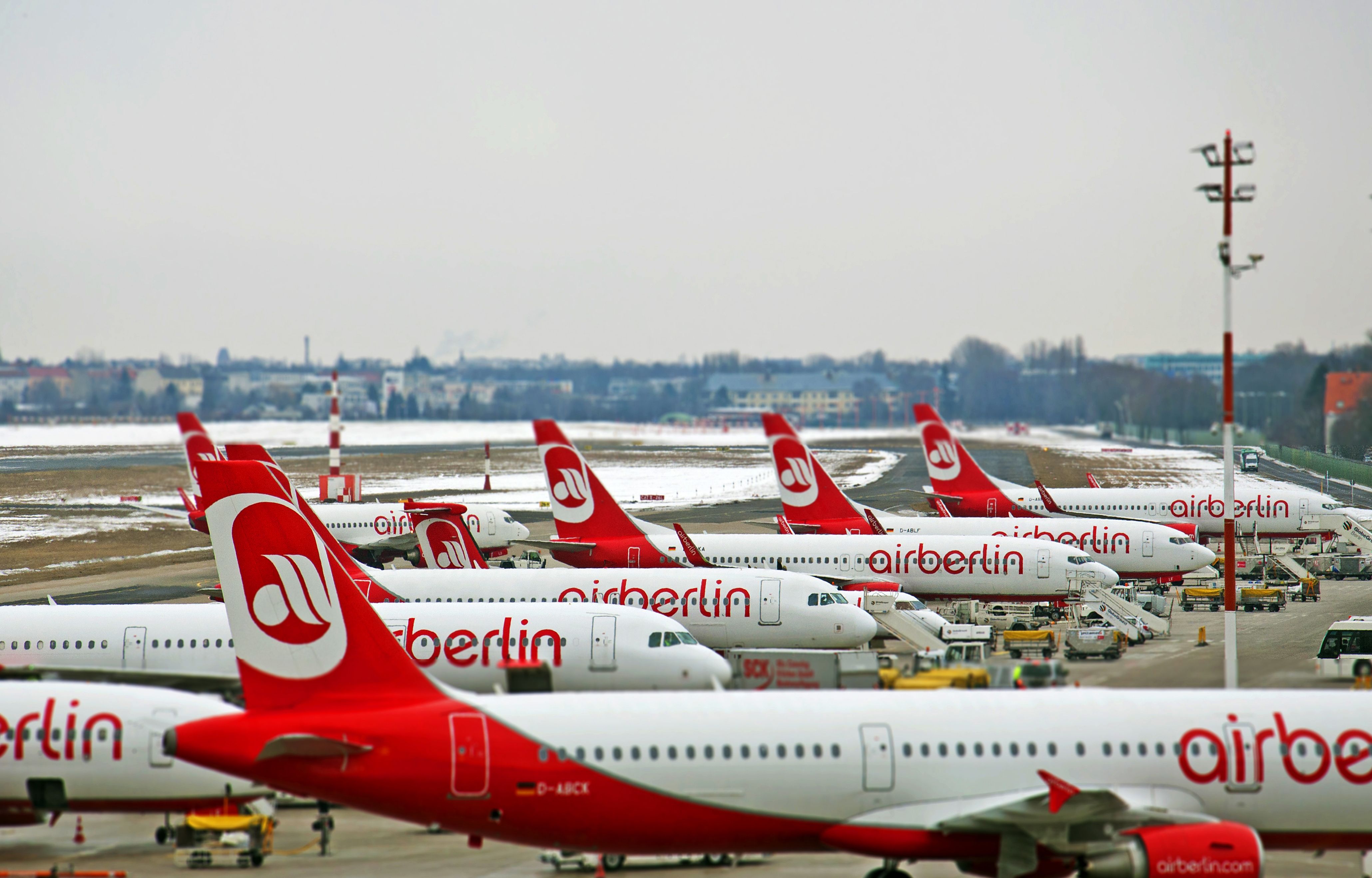Summary
- Air Berlin's financial issues and escalating costs led to its collapse in 2017, marking the end of an era for aviation in Germany.
- Despite efforts from Etihad to support the airline, Air Berlin's debt reached €781.9 million, leading to its insolvency and subsequent acquisition by Lufthansa.
- The aftermath of Air Berlin's collapse has seen a wave of similar airline failures in Europe, but the formation of Eurowings Discover offers hope for recovery in the industry.
It is approaching five years since Air Berlin ceased operations. The airline collapsed on October 27, 2017, after its significant financial issues led to insolvency.
Even though the carrier was founded by an American company named Lelco in 1978, it was eventually sold in 1991 to become a German operation. This sale coincided with the reunification of Germany following the end of the Cold War, marking a fresh start for aviation in the region.
The beginning of the end
However, after 15 years of operating from Germany, Air Berlin went on a downward spiral. Between 2006 and 2016, the company’s profits continued to slump. While turnover increased each year, thanks to more passengers being served, the costs were too much to handle.
In 2006, Air Berlin reported a respectable €40.1 million ($44.51 million) profit, but these figures dropped by nearly half to €21 million ($23.31 million) in the following year. The global economic crisis also contributed to the firm’s dire numbers, as 2008 gave a negative figure. That year, Air Berlin reported a loss of €75 million ($81 million).
Get the latest aviation news straight to your inbox: Sign up for our newsletters today.
Ongoing trend
This would become a familiar feeling for the business as seven of the following eight years saw them in the red. In 2011, Etihad increased its shares in Air Berlin from 2.99% to 29.1%, giving the Abu Dhabi firm the biggest share among investors.
This gave the airline a glimmer of hope as it reported a profit of €6.8 million ($7.55 million) in 2012. However, this positivity was short-lived, as Air Berlin made a massive loss of €315.5 million ($350 million) in the following year.
Love aviation history? Discover more of our stories here.
Inevitable ending
Etihad remained hopeful of the partnership with Air Berlin. It was continuing to publicly promote its relationship with the carrier.
Yet, in 2016, Air Berlin was in debt to the tune of €781.9 million ($867.83 million). Etihad, understandably, became frustrated with the situation and stopped financially supporting the airline. A €150 million ($176.16 million) bridging loan was offered by the German government, but this was not enough to save it. Air Berlin was forced to enter insolvency proceedings on August 15, 2017.
Subsequently, a bulk of the airline’s fleet and employees were snapped up by Lufthansa in the month it ceased operations. The German powerhouse bought 81 of Air Berlin’s aircraft and took on 3,000 of its staff. This move cost Lufthansa €210 million ($248 million) but also helped to further its market share within the region.
Lufthansa was also granted clear access to Air Berlin's resources when a court ruled that the flag carrier of Germany, along with easyJet, could buy the collapsed airline's assets in 2021. Airlines such as LOT Polish Airlines were against the move.
The airlines' fleet primarily consisted of Airbus A320 family and A330 aircraft. Other than Lufthansa, these units went on to join several different operators, including Virgin Atlantic, Eurowings, easyJet, and the Hungarian Air Force. Air Berlin's Dash 8's which were operated by Luftfahrtgesellschaft Walter, all shifted to Eurowings.
The aftermath
Etihad and Air Berlin have since been in a €2 billion ($2.2 billion) lawsuit due to complications of the bankruptcy. Along with this, Air Berlin had been reported attempting to force passengers to pay for canceled flights after the demise. Last year, it was confirmed that Etihad won a court battle after. Air Berlin's insolvency administrator claimed €500 million ($543 million) in damages.
Since the fall of Air Berlin, many other European airlines have seen a similar fate. Soon after Air Berlin, the likes of Thomas Cook, Aigle Azul, and WOW all ceased operations.
Hopefully, there will be a turnaround for carriers in this period of recovery. The formation of Eurowings Discover has offered hope. The long-haul leisure outfit was formed in July 2021 and has gone on to fly to approximately 60 destinations.
What do you think of the way that Air Berlin collapsed? What do you make of the overall history of the airline? Let us know your thoughts on the carrier and its operations in the comment section.
Source: ch-aviation.com

